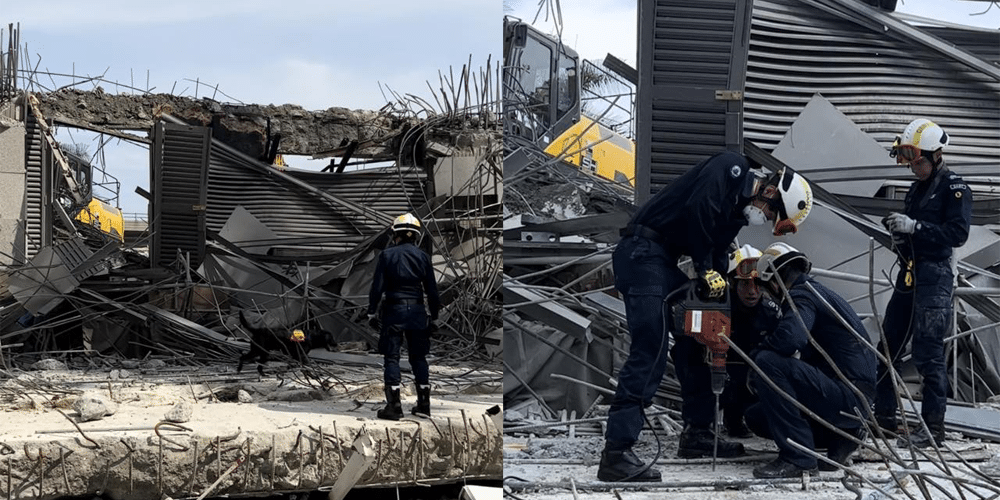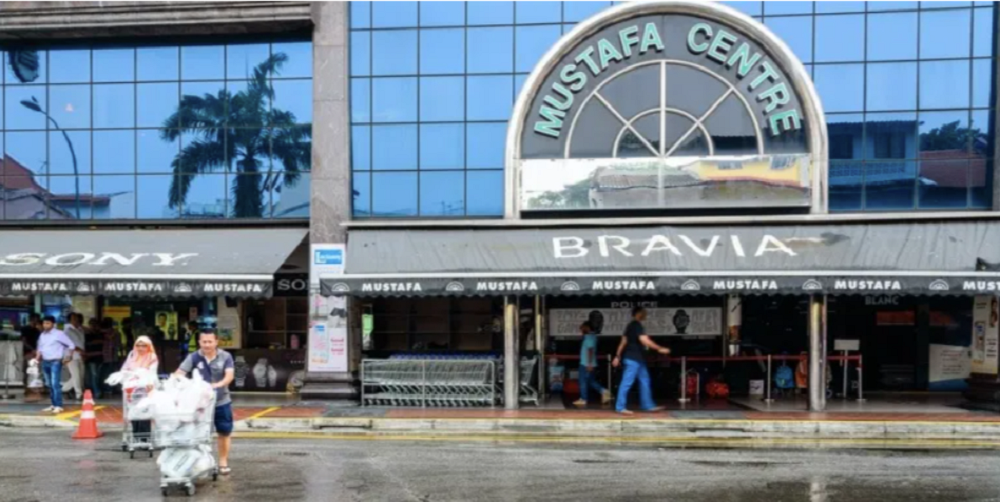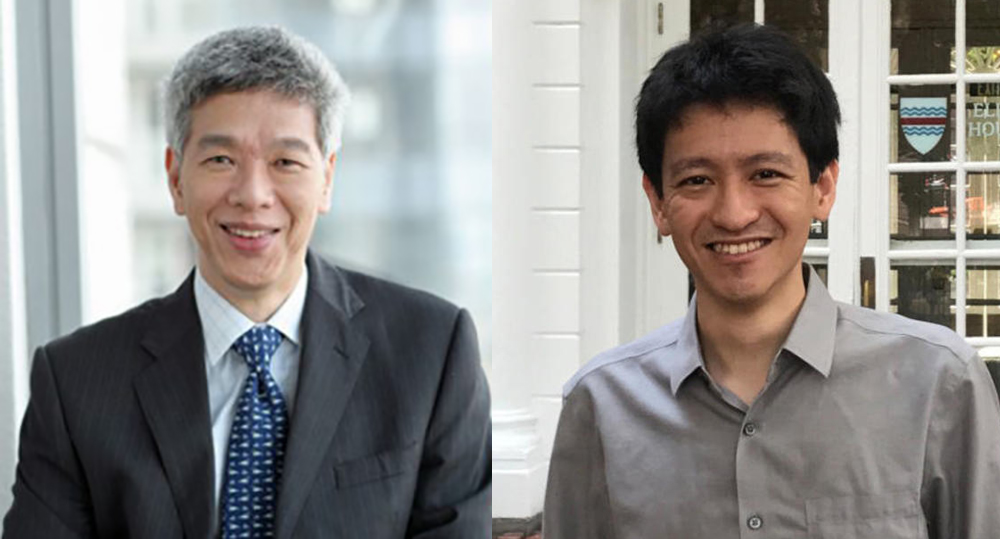Restrictions on employees returning to offices may be relaxed, Singapore’s Manpower Minister Josephine Teo said on Tuesday (15 December).
This announcement came a day after Prime Minister Lee Hsien Loong announced that the country will move into Phase 3 of its reopening on 28 December.
“The multi-ministry task force has been discussing whether restrictions on returning to offices can be further loosened,” Ms Teo told reporters after paying a visit to Singtel.
Speaking in Chinese, she added, “Some announcements will be made in the near future soon. We need your patience to wait a little bit more.”
On Monday, PM Lee said that in Phase 3, people will be allowed to participate in public social gatherings of up to eight people, which is an increase from the current five.
Households can also receive up to eight visitors.
He also said that Singapore will ease capacity limits in public areas like malls, attractions and places of worship.
Vaccinations will also be provided for free to all Singaporeans and long-term residents to be taken up on a voluntary basis.
Additionally, migrant workers in certain dormitories will also be permitted to return to the community once a month in a pilot scheme that will begin in the first quarter of next year.
Ms Teo also provided an update on the SGUnited Traineeship Programme, an initiative for fresh graduates to increase their job experience in the currently bleak job market caused by the COVID-19 pandemic.
She said that as of early this month, more than 4,700 trainees have been placed under the programme.
“We are now discussing with MOE (Ministry of Education) on the future plans for the SGUnited Traineeships scheme,” Ms Teo noted.
She also went on to state that 430 mid-career job seekers have been given attachments with nearly 170 host organisations under the SGUnited Mid-Career Pathway Programme as at early December.
The nine-month-long programme allows mid-career individuals to gain industry experience and learn new skills to improve their chances of securing employment.
It includes a monthly training allowance of up to S$3,000. 80 per cent of it is funded by the Government.
The Manpower Minister revealed that the programme is slowly gaining momentum, “but not as fast as we would like”.
“We want more employers and job seekers to take advantage of the SGUnited Mid-Career Pathways Programme, and in doing so, explore and make available new options to themselves,” she said.
Many netizens, in commenting on The Straits Times‘ Facebook page, however, said that work from home arrangements should continue and it should be the new norm.
They explained that workers should be allowed to work from home until most people are vaccinated so no one will risk infecting others when they move in public areas if they themselves have been infected and are asymptomatic.






On the other hand, other online users highlighted that there is poor enforcement of the work from home arrangement by employers.
They noted that employers require them to return to the office on most days despite the initial work from home arrangement.











